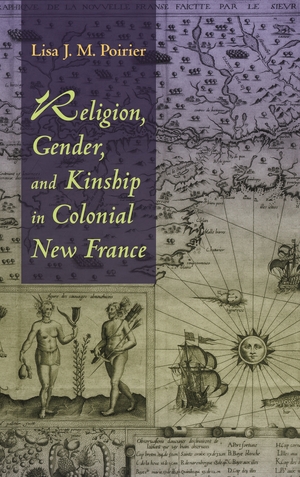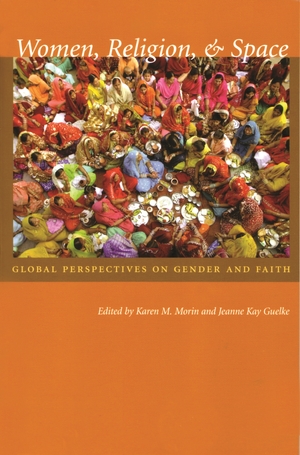"Christian Women in Indonesia: A Narrative Study of Gender and Religion engenders a careful balance between gender ideologies, local ethnography, social theory, Christian theology, and the challenges of doing research in the postmodern era. Sprinkled throughout the book are important missiological insights about the relationship between Christian theology and social realities, and the ways in which Christianity in Indonesia, introduced by North Atlantic Protestants and Roman Catholics, may have curtailed or encouraged gender justice in Indonesia. Given its discussion of gender and religion in Indonesia, Christian Women in Indonesia would appeal to Christians, Muslims, teachers in the non-Western world, and those interested in gender ideologies, mission Christianity, Southeast Asia, non-Western Christianity, and Christian sources of strength for women in Indonesia."—Missiology: In International Review
"Adeney’s book contributes to the largely ignored issue of Asian Christian women's resistance, agency and empowerment through formal theological training for church-linked work, a valuable process to which she herself has contributed for over a decade."—Studies in the World Christianity
"Making use of interviews, conference notes, and participant observations during stays in Java and Sulawesi, [Adeney] tells the stories of Christian women students who used their religion as a form of gender resistance and moral agency."—Theology Digest
"One of the book's strengths is the author's own character, clearly revealed in the stories of her students. . . . This is a very helpful book with strong implications for gender justice struggles of North American women, particularly within the framework of church and university life."—Jourrnal of Church and State
Description
This important book offers an edifying narrative of Indonesian women who find a new and powerful voice in the course of preparing to become Christian pastors and theologians in their native land. By assuming roles of responsibility, these women stand ready to transform understandings of gender differences that have traditionally governed Indonesian culture, like the notion that women are an inferior sex and not suited to leadership. In a broader sense, they join a growing global course toward gender equality and the evolution of women’s spirituality.
Frances S. Adeney clearly shows how religious-inspired resistance led these women to create new practices and theologies designed to foster parity. Realizing that Western ideas are inapplicable to foreign issues of gender and religion, the author sheds light on the twin questions of cultural isolation and the complexities of doing research in the postmodern era.
About the Author
Frances S. Adeney is a professor at the Louisville Presbyterian Theological Seminary. She has written on ethics and spirituality in both the United States and Indonesia, including contributions to Ethics and World Religions: Cross-Cultural Case Studies, Religious Studies Review, and Buddhist-Christian Studies.
Related Interest
January 2003




